Artificial Intelligence (AI) is becoming an essential part of our lives, powering everything from voice assistants to healthcare systems. As AI continues to grow, understanding the ethical considerations behind its development and use is more important than ever.
What is AI Ethics?
AI ethics is the study of the moral principles and values that should guide the development and use of artificial intelligence. It focuses on creating AI systems that are fair, transparent, accountable, and respectful of human rights.
Why AI Ethics Matters
AI has the potential to impact people’s lives in powerful ways. It can influence hiring decisions, medical diagnoses, financial services, and even criminal justice outcomes. If not carefully designed, AI systems can unintentionally cause harm, reinforce biases, or invade privacy. Ethical guidelines help prevent these risks and ensure AI benefits everyone fairly.
Key Ethical Concerns in AI
Bias and Fairness: AI systems can sometimes produce biased results if they are trained on unfair or unbalanced data. This can lead to discrimination in areas like hiring, lending, or law enforcement. Developers must work to minimize these biases.
Transparency: It’s important for people to understand how AI makes decisions, especially when those decisions affect them directly. Transparent AI systems make their processes and outcomes easier to explain.
Privacy: AI often relies on large datasets, which can raise concerns about personal data security. Ethical AI development includes protecting privacy and using data responsibly.
Accountability: When AI systems make mistakes, it’s necessary to know who is responsible. Clear accountability ensures that companies and developers are held to high standards.
Human-Centric Design: AI should be built to support people, not replace them. Ethical AI focuses on enhancing human abilities and ensuring that humans remain in control.
Benefits of Ethical AI
Ethical AI can increase public trust, improve the quality of AI systems, and reduce the risk of harm. It encourages fairness, safety, and social responsibility while allowing organizations to innovate responsibly.
Challenges to Consider
Developing ethical AI is not easy. It requires collaboration between technologists, ethicists, regulators, and communities. Ethical guidelines must constantly evolve alongside new technologies and applications.
Conclusion
A basic understanding of AI ethics helps users, developers, and organizations make better decisions about how to use AI responsibly. By combining innovation with ethical thinking, we can create AI systems that are both powerful and trustworthy.


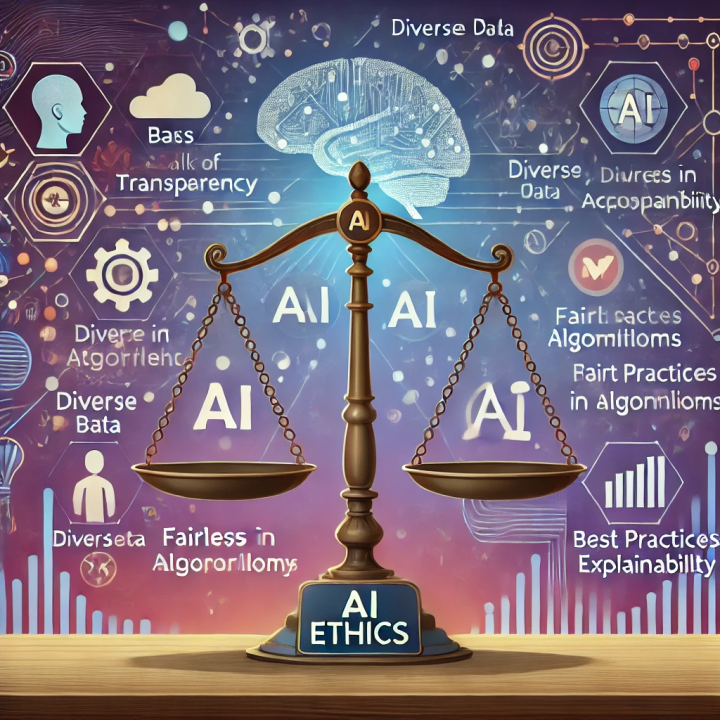
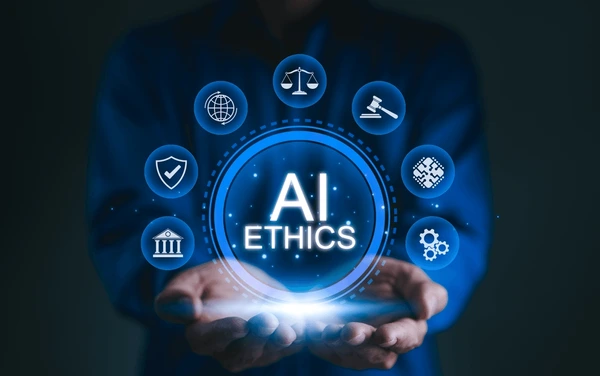
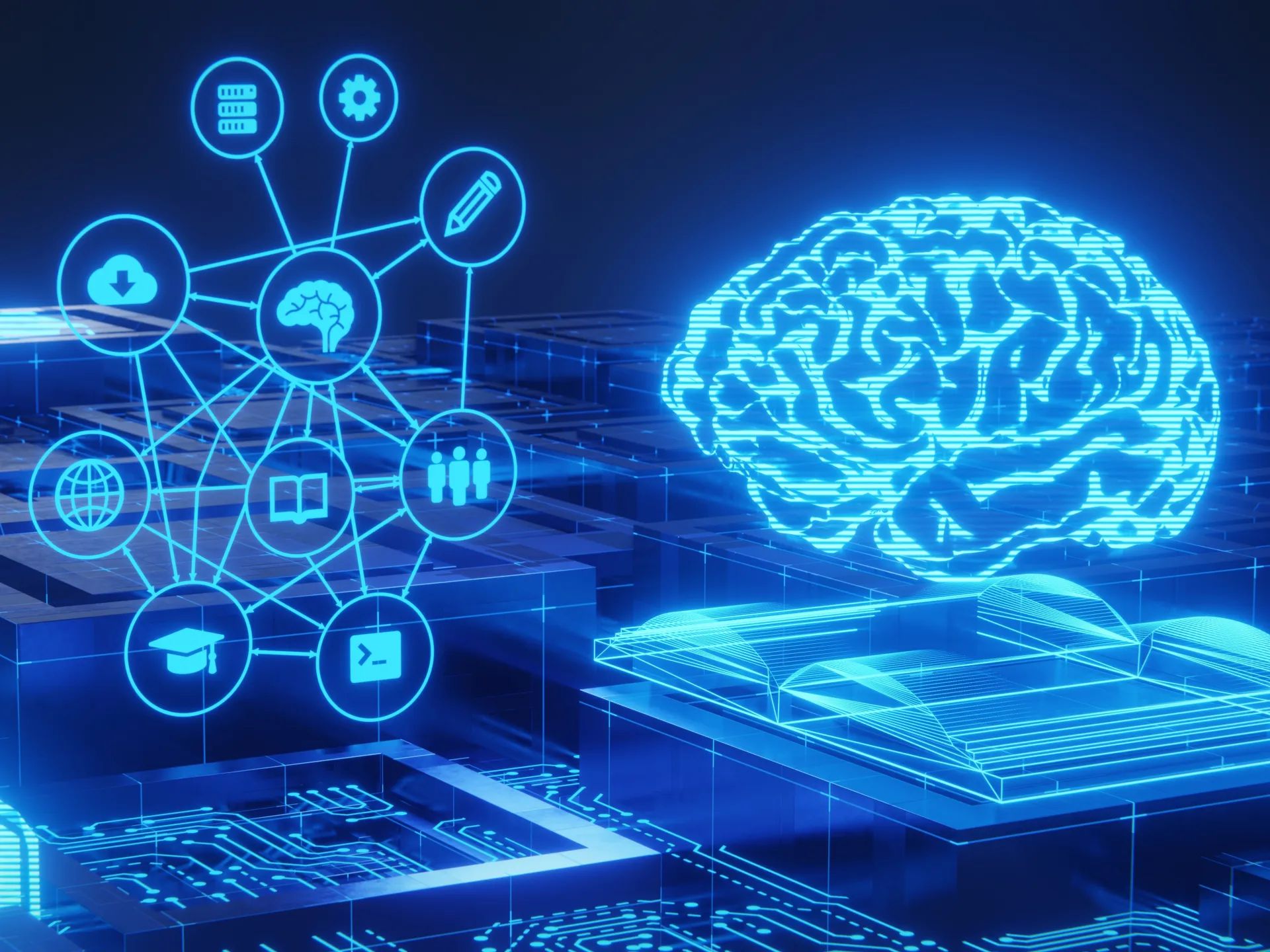
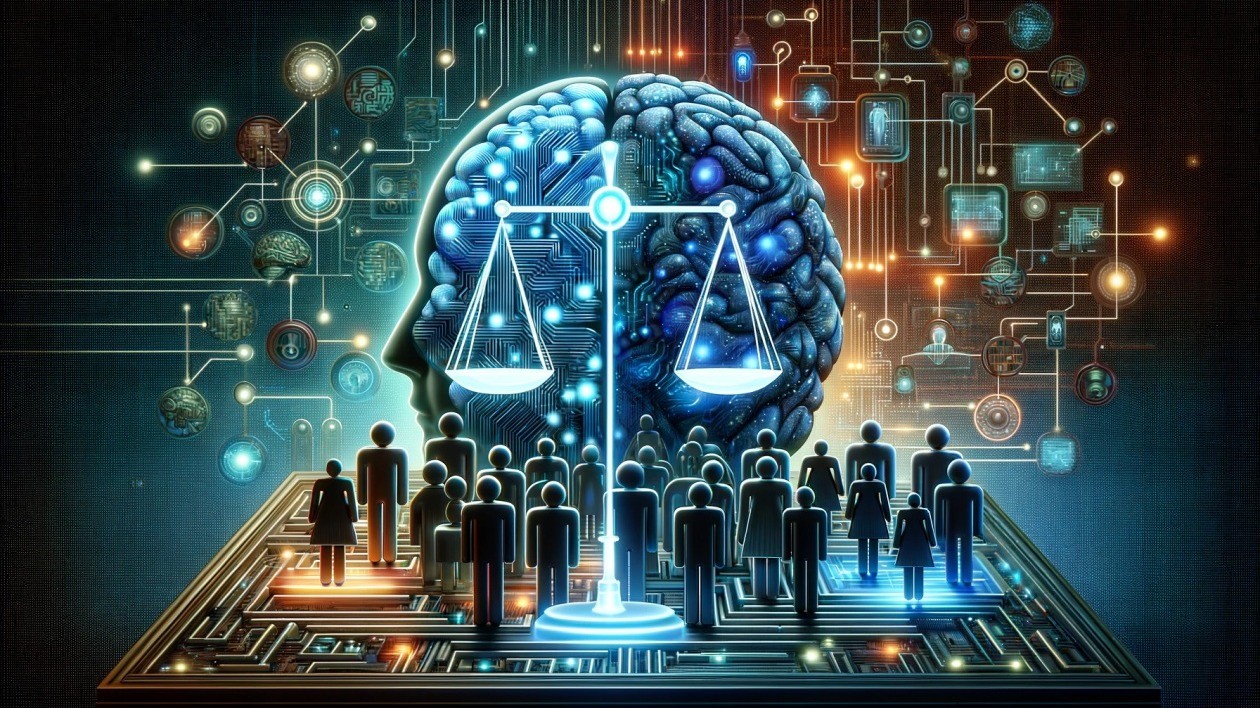
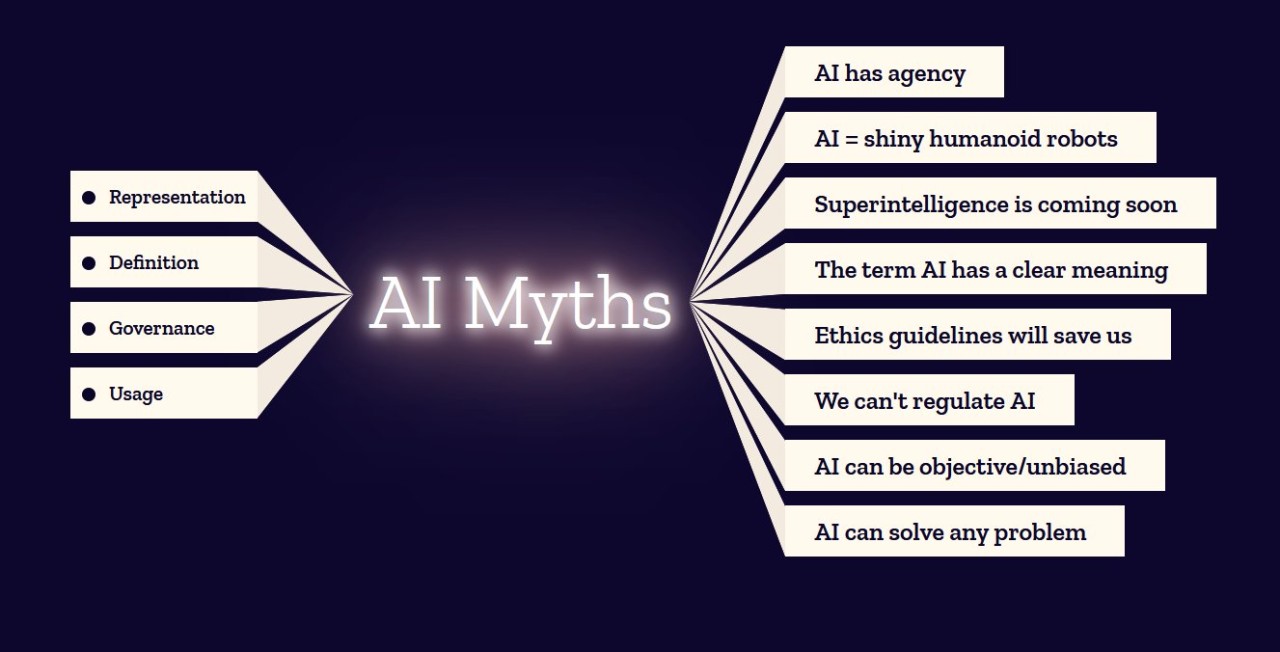
Leave feedback about this